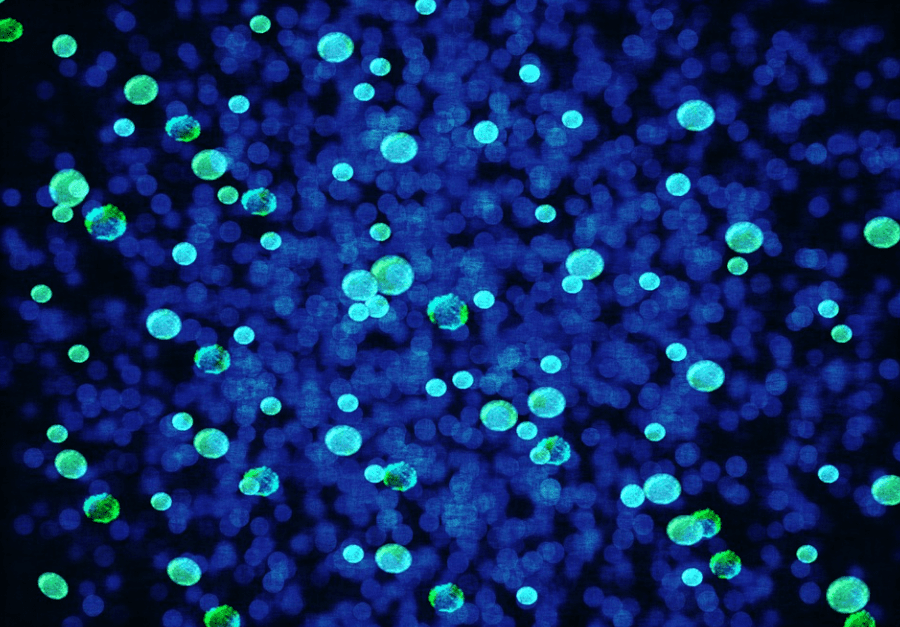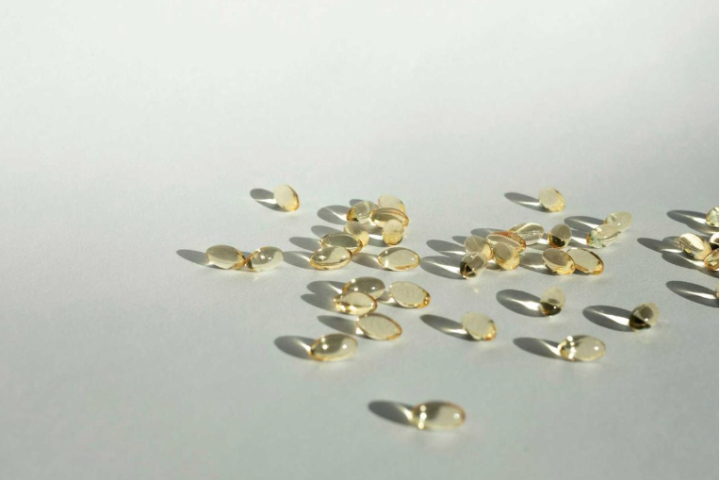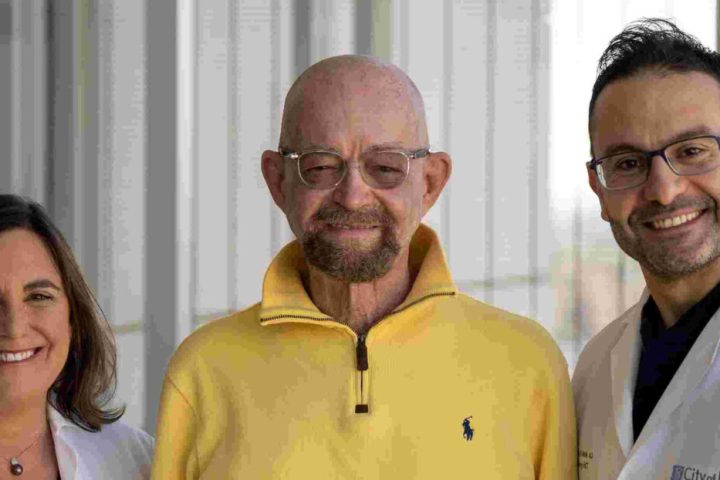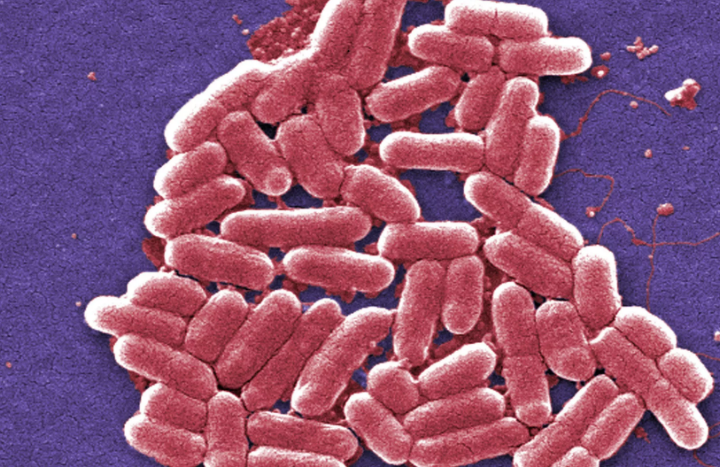According to data gathered by scientists at the Bloomberg Kimmel Institute for Cancer Immunotherapy and the Johns Hopkins Kimmel Cancer Center, the bacterial species Clostridioides difficile, or C. diff, which is well known for causing serious diarrheal infections, may also be the cause of colorectal cancer.
The research, which was published on June 9 in Cancer Discovery, may reveal another another unpleasant function for this bacteria, which is responsible for over 500,000 infections annually in the United States, many of which are extremely challenging to treat.
The uptick of individuals under age 50 being diagnosed with colorectal cancer in recent years has been shocking. We found that this bacterium appears to be a very unexpected contributor to colon malignancy, the process by which normal cells become cancer.”
Cynthia Sears, M.D., Bloomberg~Kimmel Professor of Cancer Immunotherapy and professor of medicine at the Johns Hopkins University School of Medicine
More than half of colorectal cancer patients had bacterial biofilms, which are thick colonies of bacteria on the surface of the colon, according to studies conducted at the Sears Lab some years ago. By contrast, just 10% to 15% of healthy individuals without tumors had biofilms. However, one sample drew their interest because it significantly enhanced colorectal tumors in the mice when the researchers infected animals with biofilm samples originating from specific persons with colorectal cancer. 85% of the mice exposed to this slurry developed tumors, compared to fewer than 5% of controls.
In subsequent research, the scientists discovered a patient sample devoid of a biofilm that likewise elevated colorectal cancers in the animals. Several bacterial species, including enterotoxigenic Bacteroides fragilis, Fusobacterium nucleatum, and a particular strain of Escherichia coli, have been linked to colorectal cancer. However, these microbes were either absent from the tumors of these two patients (B. fragilis and E. coli) or failed to successfully colonize the mice (F. nucleatum), suggesting that other bacteria were driving the colorectal cancer cascade.
Jie (Angela) Chen, Ph.D., Jada Domingue, Ph.D., of Johns Hopkins, and colleagues, as well as study co-author Julia Drewes, Ph.D., assistant professor of medicine, performed additional experiments to see if a single bacterial species or a community of bacteria were promoting tumor formation in the mice. They found that whereas toxigenic C. difficile, the kind that causes diarrhea, was absent in the samples that did not result in tumors in mice, it was present in the tumor-causing samples. This bacteria caused colon cancers in the mice when it was put to samples that had not previously caused tumors. Additional research revealed that C. difficile was sufficient to cause tumor growth in the animal models on its own.
Additional studies conducted under the direction of co-author Nicholas Markham, M.D., Ph.D., assistant professor of medicine at the Vanderbilt University Medical Center, and study co-leaders Franck Housseau, Ph.D., associate professor of oncology at Johns Hopkins, and Ken Lau, Ph.D., associate professor of cell and developmental biology and surgery at the Vanderbilt University School of Medicine, revealed that C. difficile caused a variety of changes within colon cells that made them susceptible.
This bacteria activated genes that promote cancer and turned down genes that prevent cancer in cells exposed to it. Reactive oxygen species are unstable chemicals that may damage DNA, and these cells also sparked immunological responses that led to detrimental inflammation.
The majority of this activity, according to the researchers, appears to be caused by a toxin generated by this bacteria, known as TcdB. Mice infected with TcdB-inactivated microbes produced significantly fewer tumors than mice infected with TcdB-active microbes, while TcdA produced by C. difficile was insufficient to cause tumors. These results were obtained using genetically engineered C. difficile strains that contained inactivated toxin genes and/or released a related C. difficile toxin called TcdA.
Few epidemiological studies have examined the relationship between C. difficile and colorectal cancer in people, according to Drewes, but if this association is discovered, screening for latent or past C. difficile infections as cancer risk factors may be implemented. Increased efforts to quickly and effectively eradicate this pathogen, which recurs — often repeatedly — in 15 percent to 30 percent of infected patients after initial treatment, including in pediatric patients, could be a significant prevention effort given that prolonged exposures to TcdB may increase the risk of colorectal cancer.
“While this link between C. difficile and colorectal cancer needs to be confirmed in prospective, longitudinal cohorts, developing better strategies and therapeutics to reduce the risk of C. difficile primary infection and recurrence could both spare patients the immediate consequences of severe diarrhea and potentially limit colorectal cancer risk later on,” Drewes says.https://www.hopkinsmedicine.org/”>





